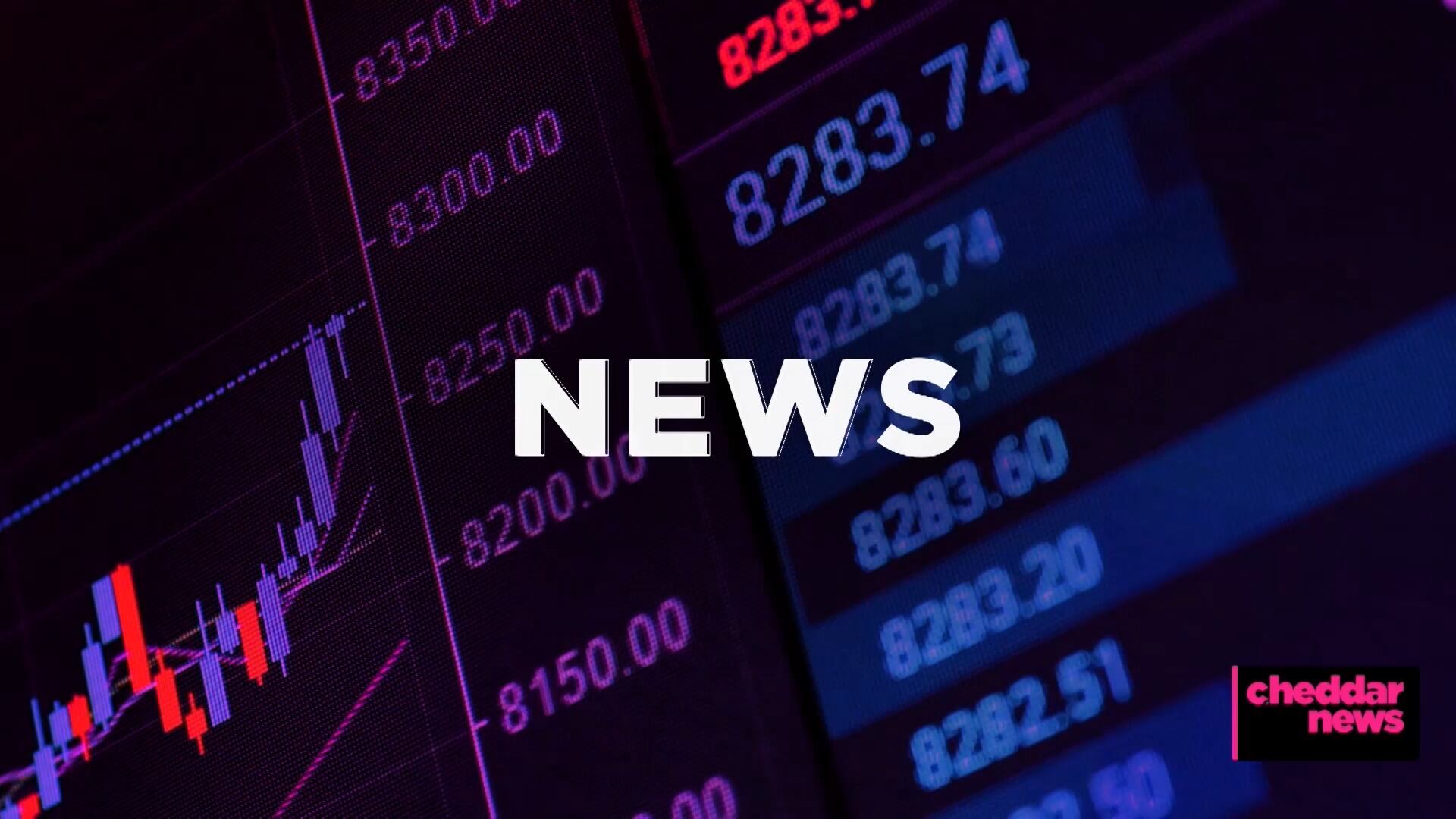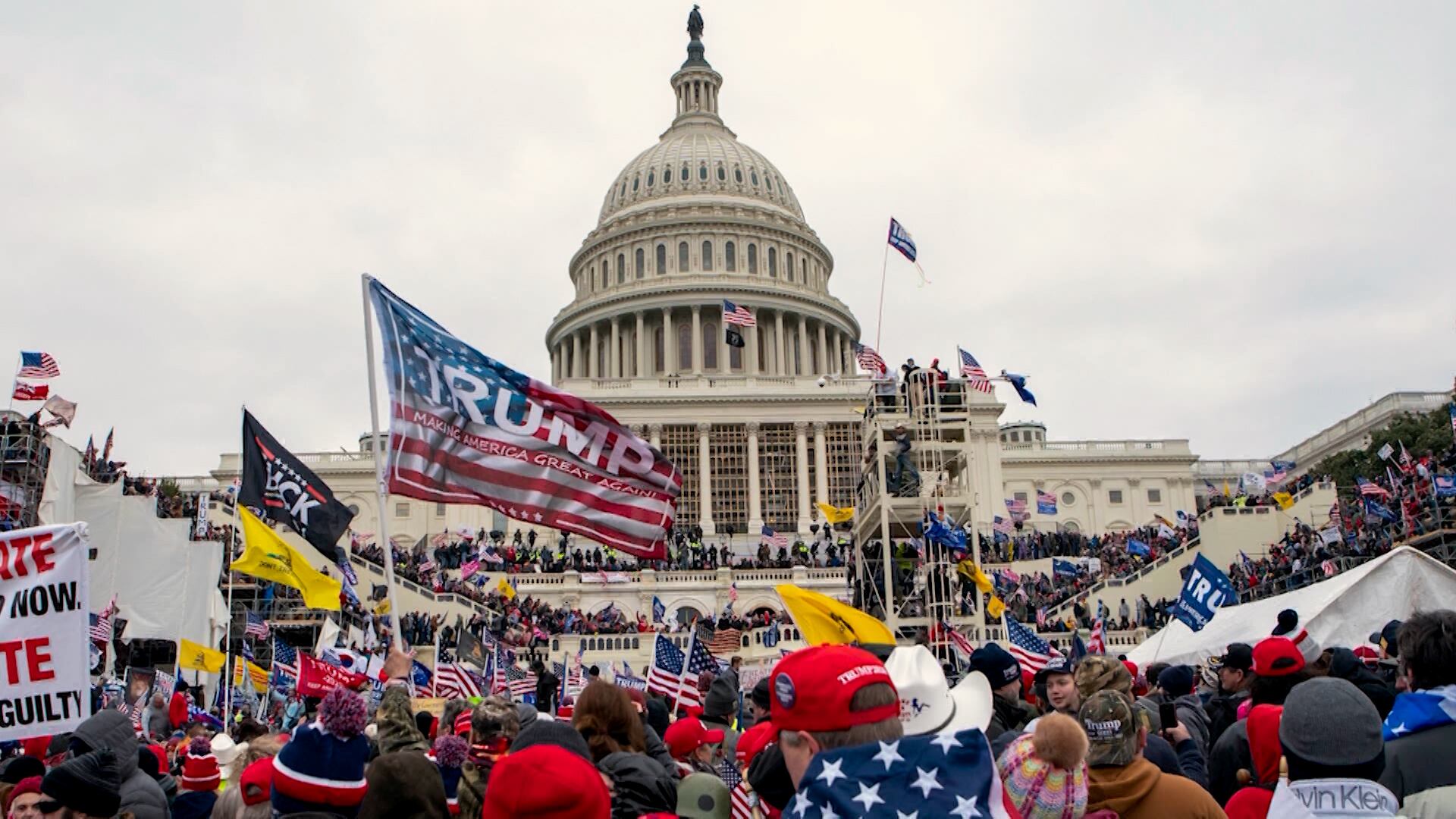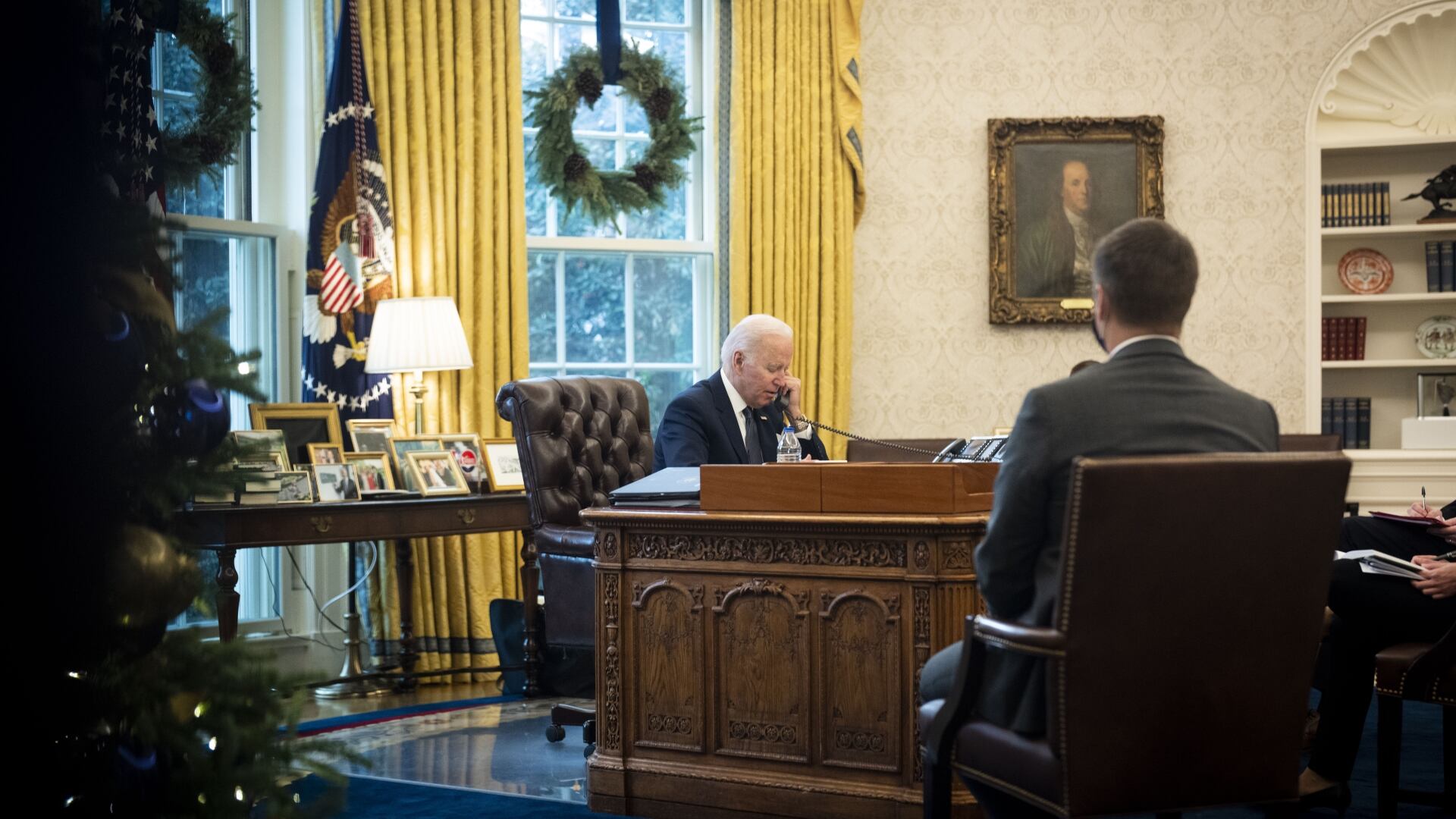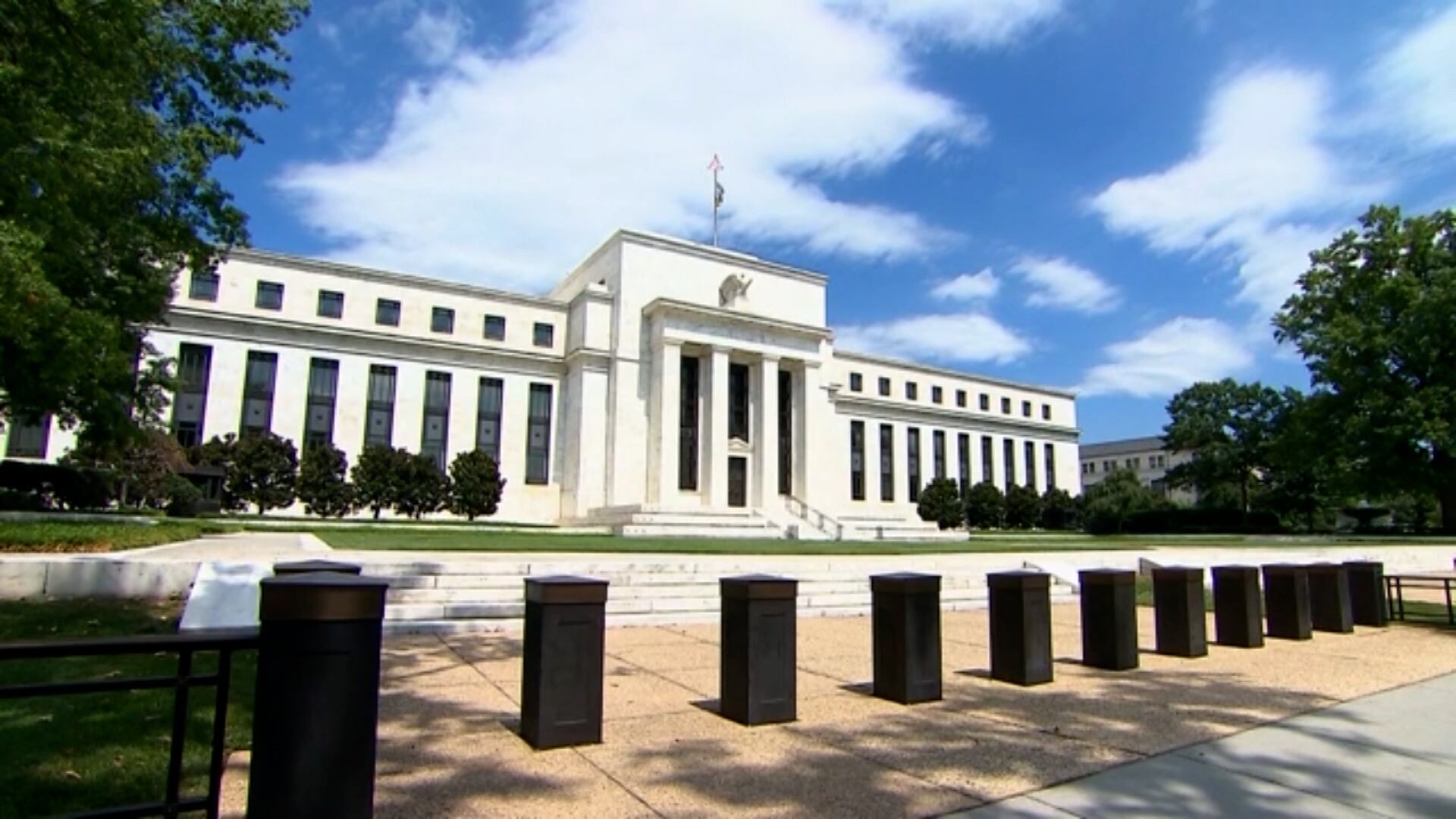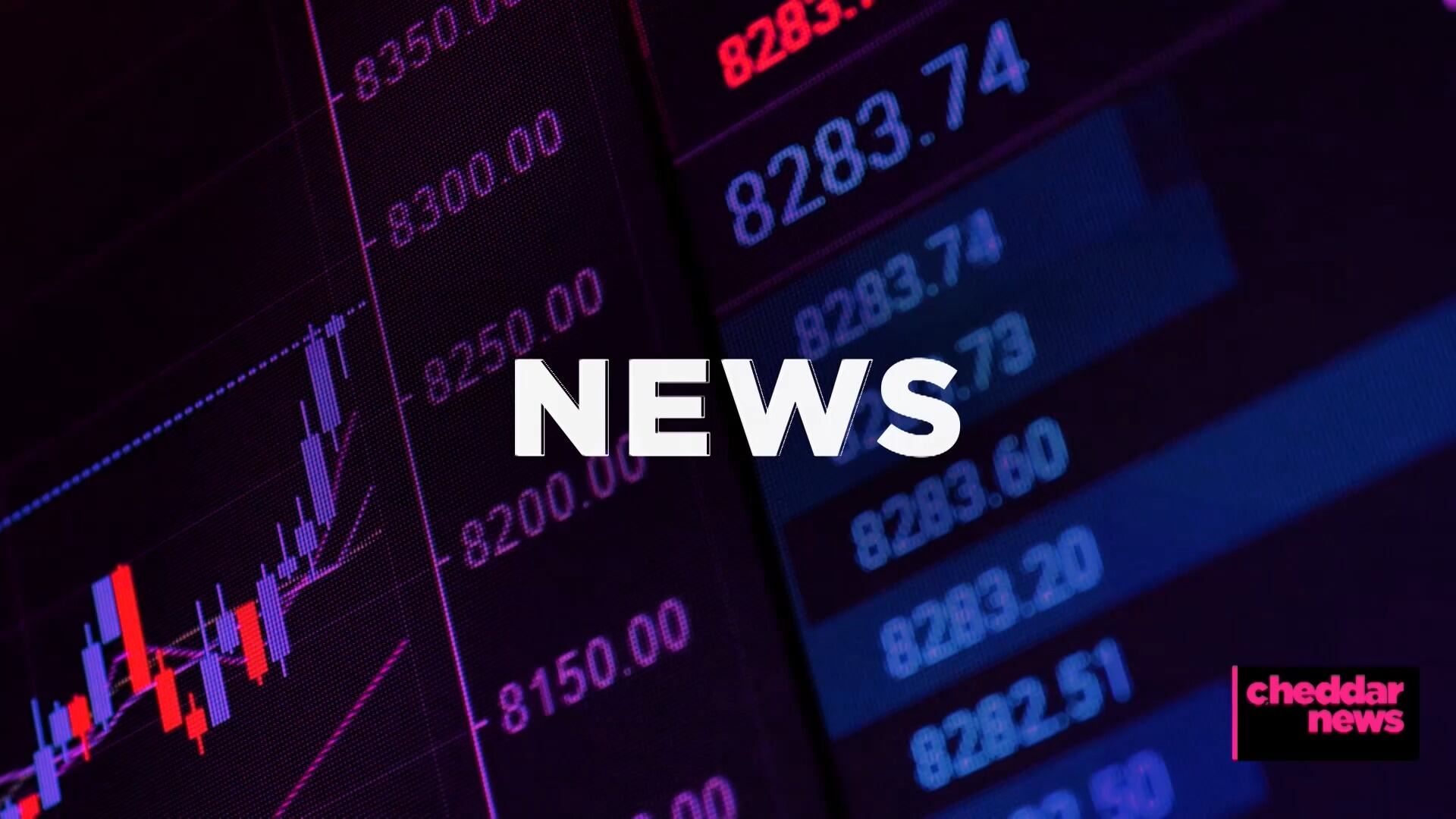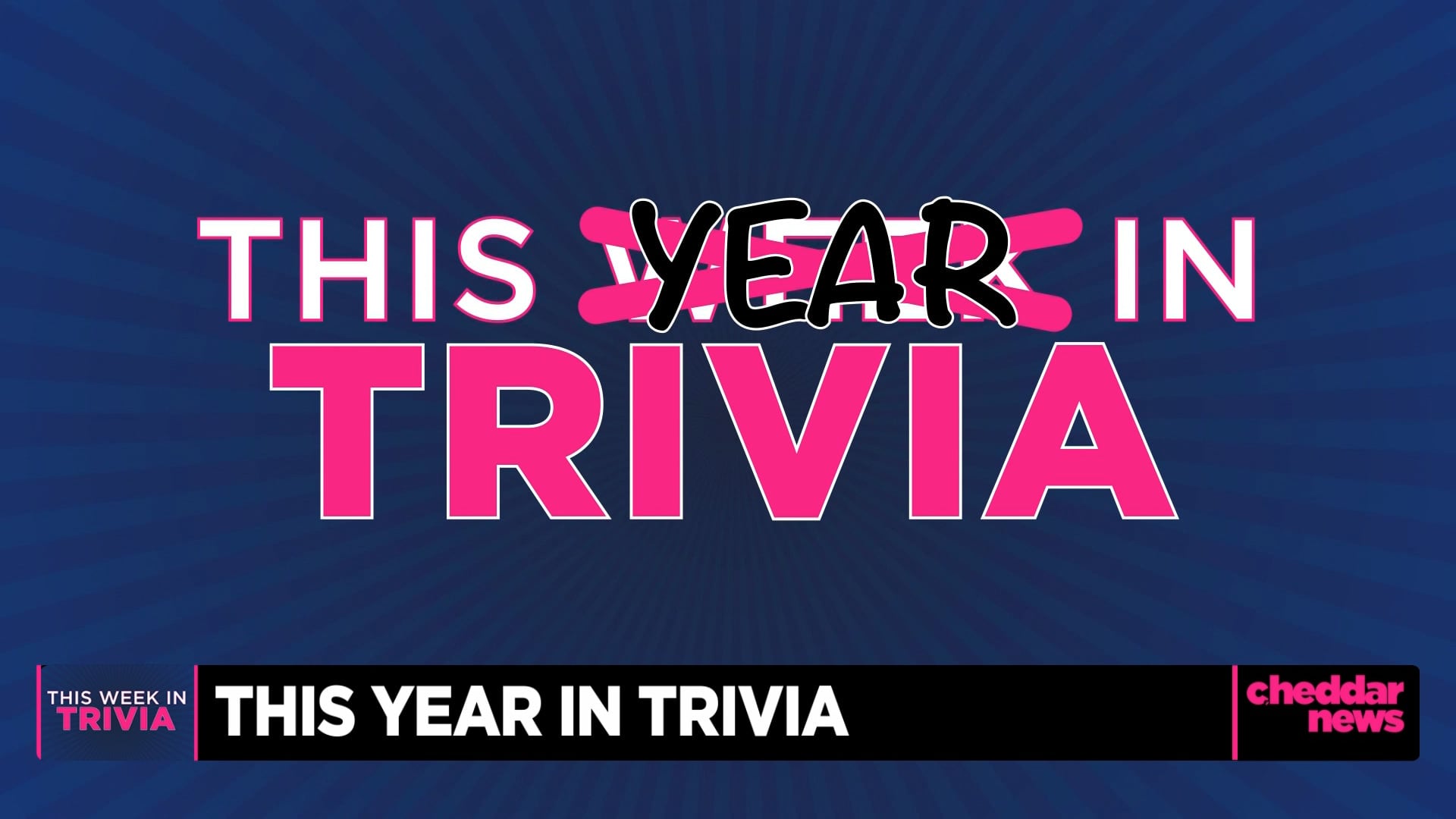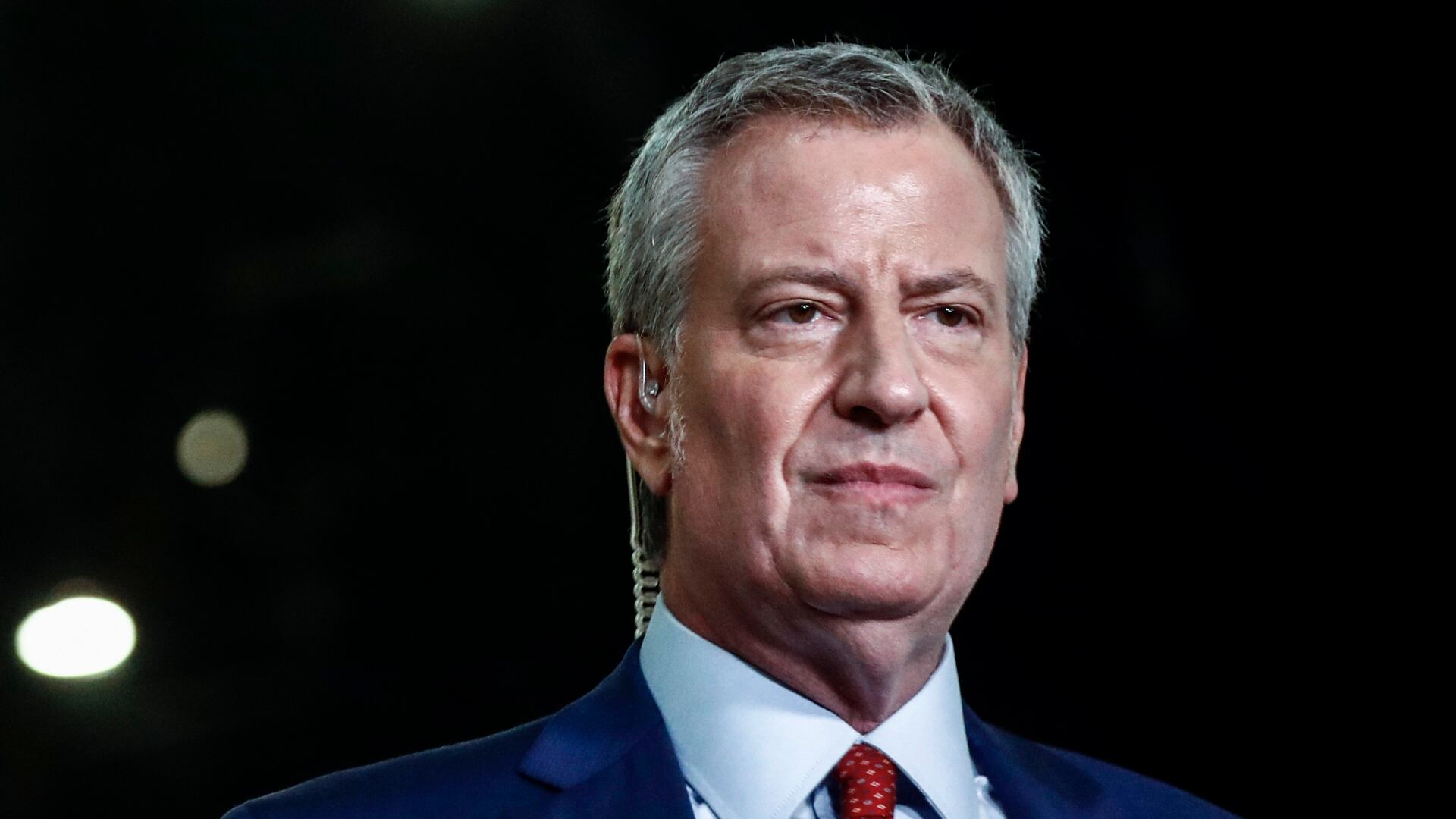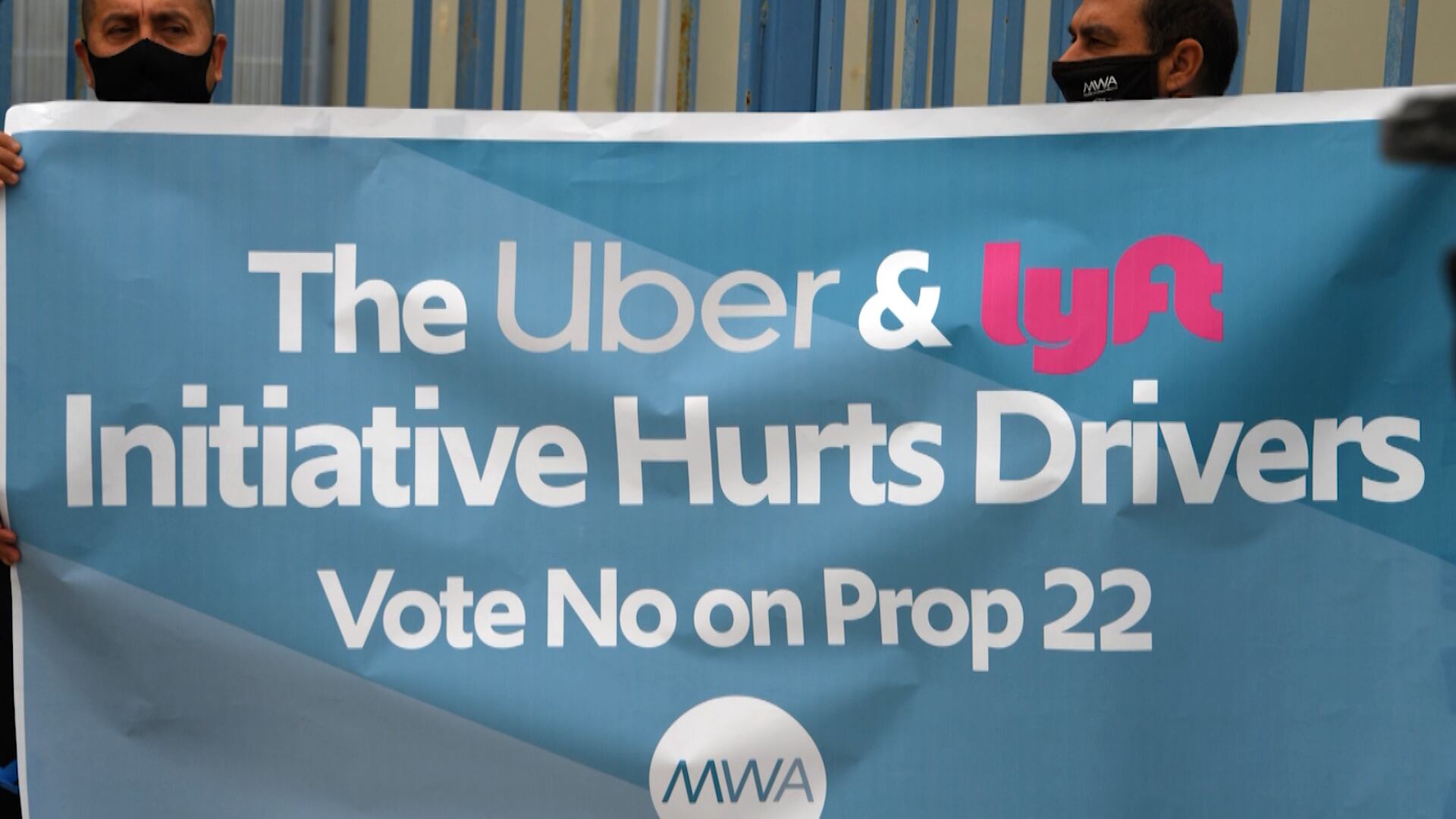By Michael Kunzelman
A former organizer of the far-right Proud Boys extremist group was sentenced on Thursday to 17 years in prison for spearheading an attack on the U.S. Capitol to prevent the peaceful transfer of power from Donald Trump to Joe Biden after the 2020 presidential election.
The sentence for Joseph Biggs is the second longest among hundreds of Capitol riot cases so far, after the 18-year prison sentence for Oath Keepers founder Stewart Rhodes.
Federal prosecutors had recommended a 33-year prison sentence for Biggs, who helped lead dozens of Proud Boys members and associates in marching to the U.S. Capitol on Jan. 6, 2021. Biggs and other Proud Boys joined the mob that broke through police lines and forced lawmakers to flee, disrupting the joint session of Congress for certifying the electoral victory by Biden, a Democrat.
U.S. District Judge Timothy Kelly said the Jan. 6 attack trampled on an “important American custom,” certifying the Electoral College vote.
“That day broke our tradition of peacefully transferring power, which is among the most precious things that we had as Americans,” the judge said, emphasizing that he was using the past tense in light of how Jan. 6 affected the process.
Biggs acknowledged to the judge that he “messed up that day," but he blamed being “seduced by the crowd” of Trump supporters outside the Capitol and said he's not a violent person or "a terrorist."
“My curiosity got the better of me, and I’ll have to live with that for the rest of my life,” he said, claiming he didn't have “hate in my heart" and didn't want to hurt people.
Prosecutors, though, defended their decision to seek 33 years behind bars for Biggs. One of them said it was justified because Biggs and his fellow Proud Boys committed "among the most serious crimes that this court will consider,” pushing the U.S. government “to the edge of a constitutional crisis.”
“There is a reason why we will hold our collective breath as we approach future elections,” prosecutor Jason McCullough said. “We never gave it a second thought before January 6th.”
Kelly agreed to apply a “terrorism” enhancement that significantly increased the recommended prison sentence for Biggs, whose sentencing guidelines called for a term of imprisonment ranging from 27 years to 33 years and 9 months. The judge wasn't bound by those guidelines, however.
Kelly said it wasn't his job to label Biggs as a terrorist, but the judge stressed the need to send a message that what happened on Jan. 6 “should not ever happen again and cannot happen again.”
“There is a need for deterrence here,” Kelly said.
The judge also will separately sentence four other Proud Boys who were convicted by a jury in May after a four-month trial in Washington, D.C., that laid bare far-right extremists’ embrace of lies by Trump, a Republican, that the 2020 election was stolen from him.
Enrique Tarrio, a Miami resident who was the Proud Boys’ national chairman and top leader, is scheduled to be sentenced on Tuesday. His sentencing was moved from Wednesday to next week because the judge was sick.
Tarrio wasn’t in Washington on Jan. 6. He had been arrested two days before the Capitol riot on charges that he defaced a Black Lives Matter banner during an earlier rally in the nation’s capital, and he complied with a judge’s order to leave the city after his arrest. He picked Biggs and Proud Boys chapter president Ethan Nordean to be the group’s leaders on the ground in his absence, prosecutors said.
Biggs, of Ormond Beach, Florida, was a self-described Proud Boys organizer. He served in the U.S. Army for eight years before getting medically discharged in 2013. Biggs later worked as a correspondent for Infowars, the website operated by conspiracy theorist Alex Jones.
Biggs, Tarrio, Nordean and Proud Boys chapter leader Zachary Rehl were convicted of charges including seditious conspiracy, a rarely brought Civil War-era offense. A fifth Proud Boys member, Dominic Pezzola, was acquitted of seditious conspiracy but was convicted of other serious charges.
Prosecutors also recommended prison sentences of 33 years for Tarrio, 30 years for Rehl, 27 years for Nordean and 20 years for Pezzola. The judge is scheduled to sentence Rehl, of Philadelphia, later on Thursday. Pezzola and Nordean are scheduled to be sentenced on Friday.
Defense attorneys argued that the Justice Department was unfairly holding their clients responsible for the violent actions of others in the crowd of Trump supporters at the Capitol.
Defense attorney Norman Pattis, who represents Biggs and Rehl, said they are “misguided patriots,” not terrorists.
“Draconian sentences in this case will deepen divisions in this country at a time when the need to build bridges is acute,” Pattis wrote in a court filing.
More than 1,100 people have been charged with Capitol riot-related federal crimes. Over 600 of them have been convicted and sentenced.
Besides Rhodes, six members of the anti-government Oath Keepers also were convicted of seditious conspiracy after a separate trial last year.
Jurors saw a trove of messages that Proud Boys leaders privately exchanged in the weeks leading up to the Capitol riot. Biggs encouraged Tarrio to “get radical and get real men” after Trump announced plans for a rally on Jan. 6.
On Jan. 6, dozens of Proud Boys leaders, members and associates were among the first rioters to breach the Capitol. Before the first breach, Biggs used a megaphone to lead rioter in chants of “Whose Capitol? Our Capitol!”
Biggs “acted as the tip of the spear” during the attack, prosecutors said in a court filing. He tore down a fence and charged up scaffolding before entering the Capitol. He left the Capitol but reentered the building and went to the Senate chamber.
“Biggs served as an instigator and leader of his men in the attack on the Capitol,” prosecutors wrote. “Throughout the attack, Biggs maintained command over others and led them in a relentless effort to send a ‘message’ to the government that he and his men were prepared to ‘save’ the country by force.”
